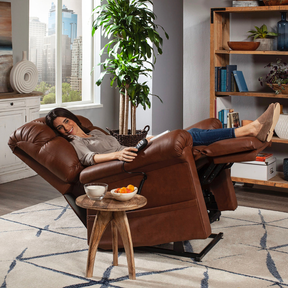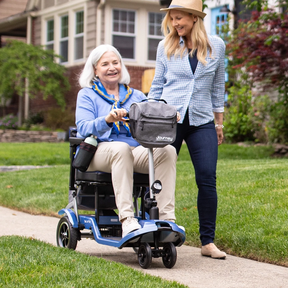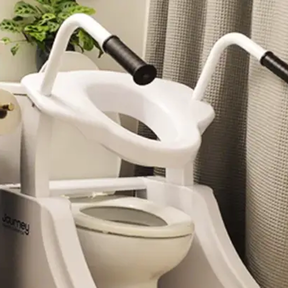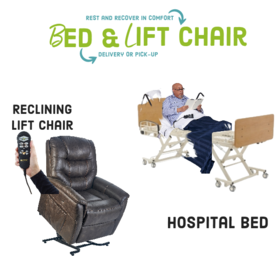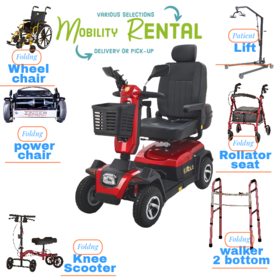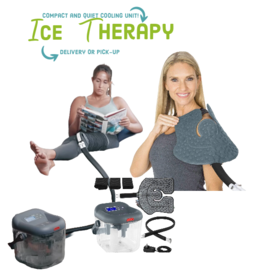Blog How to keep post operative incision clean after surgery

To ensure that incisions after surgery heal quickly and completely without becoming infected, it is necessary to clean surgical incisions daily. A closed surgical incision requires the same care, whether closed with sutures, staples, Steri-Strips, or surgical glue. It is very different from the care necessary for an open incision and the care needed for a closed incision that is closed later on by the surgeon.
Cleaning Your Incision after surgery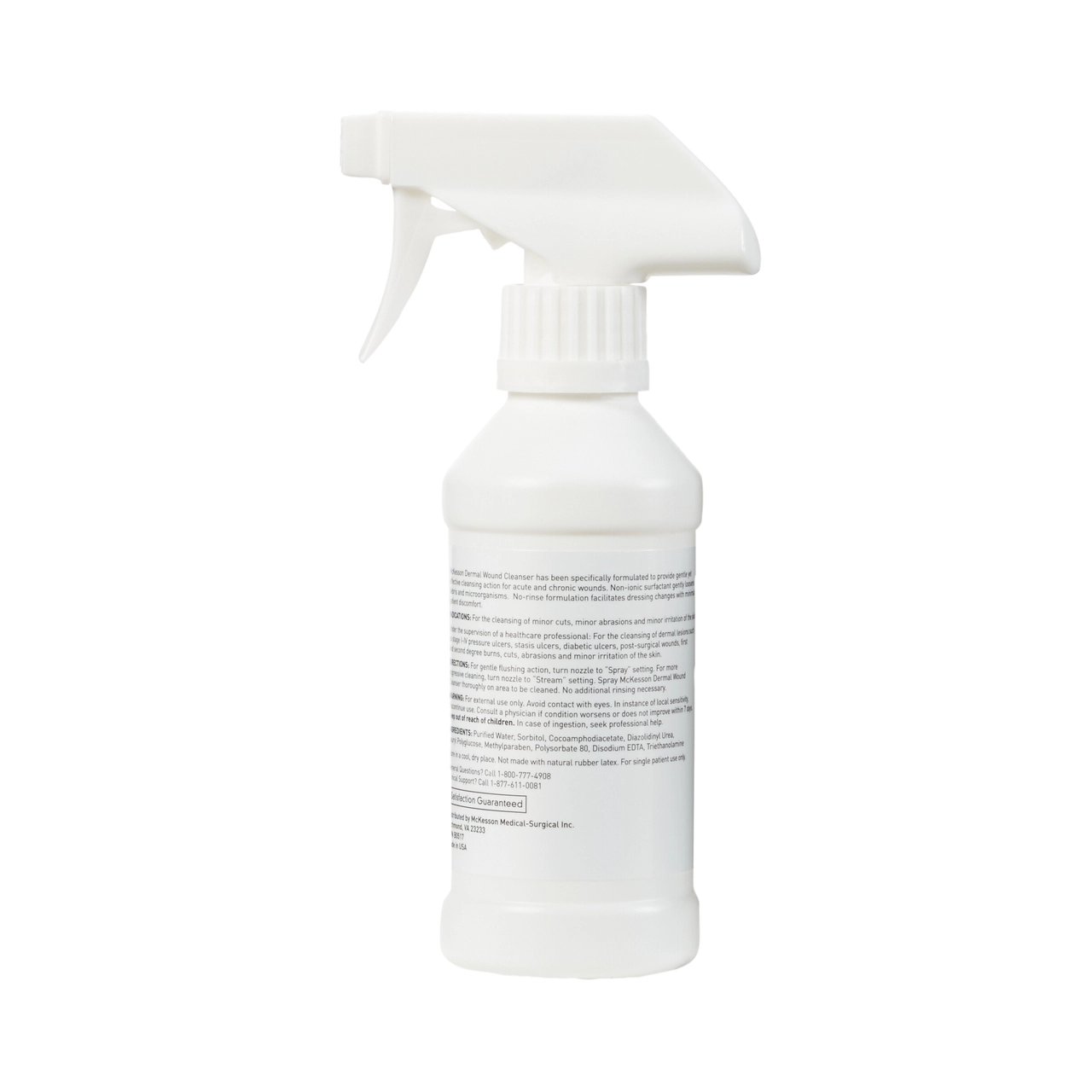
Good handwashing requires no less than 30 seconds of warm water and soap. Read the CDC's Show Me the Science—How to Wash Your Hands for more good hand-washing principles. Getting your wound wet is not enough to prevent infection. You should wash your hands whenever you touch your incision, change the long, broader dressing if it has one, use the restroom, or take a shower.
It would be best if you showered every day after surgery while your incision is still healing. You can clean your incision and remove soap residue without weakening it by pouring. Using a gentle antibacterial soap to prevent infection after surgery is best. There is no need to use a washcloth when using liquid soap, as you can apply it without one. Following a shower, thoroughly rinse the incision to avoid soap residue.
If you are taking a shower, ensure you do not scrub your incision. The best way to clean it is to apply a small amount of soap and rinse it well. It is important not to scrub the incision to avoid removing scabs, slowing healing, and irritating it.
You can take a regular shower as long as the incision is not wet too long, as it will soften and wrinkle (as your fingers do after swimming or bathing).
Be Gentle
Avoid using a washcloth or steri-strips on a wound that has been closed with steri-strips or surgical glue. It is normal for them to appear dirty, but you should let them remain until they fall off. If you scrub them, they can fall off, leaving your incision vulnerable to opening when it should be closing.
Following your shower, pat your incision gently and allow it to air dry completely before covering it with a bandage or clothing. A wet incision can facilitate the growth of bacteria and soften the skin, decreasing its strength.
When you cannot shower or bathe for a prolonged period, you should take a "sponge bath" instead of bathing. Daily baths minimize the chances of infection caused by bacteria on your skin, whether you stand in the shower or take a sponge bath. The key to preventing illness is cleanliness.
Inspecting Your Surgical Incision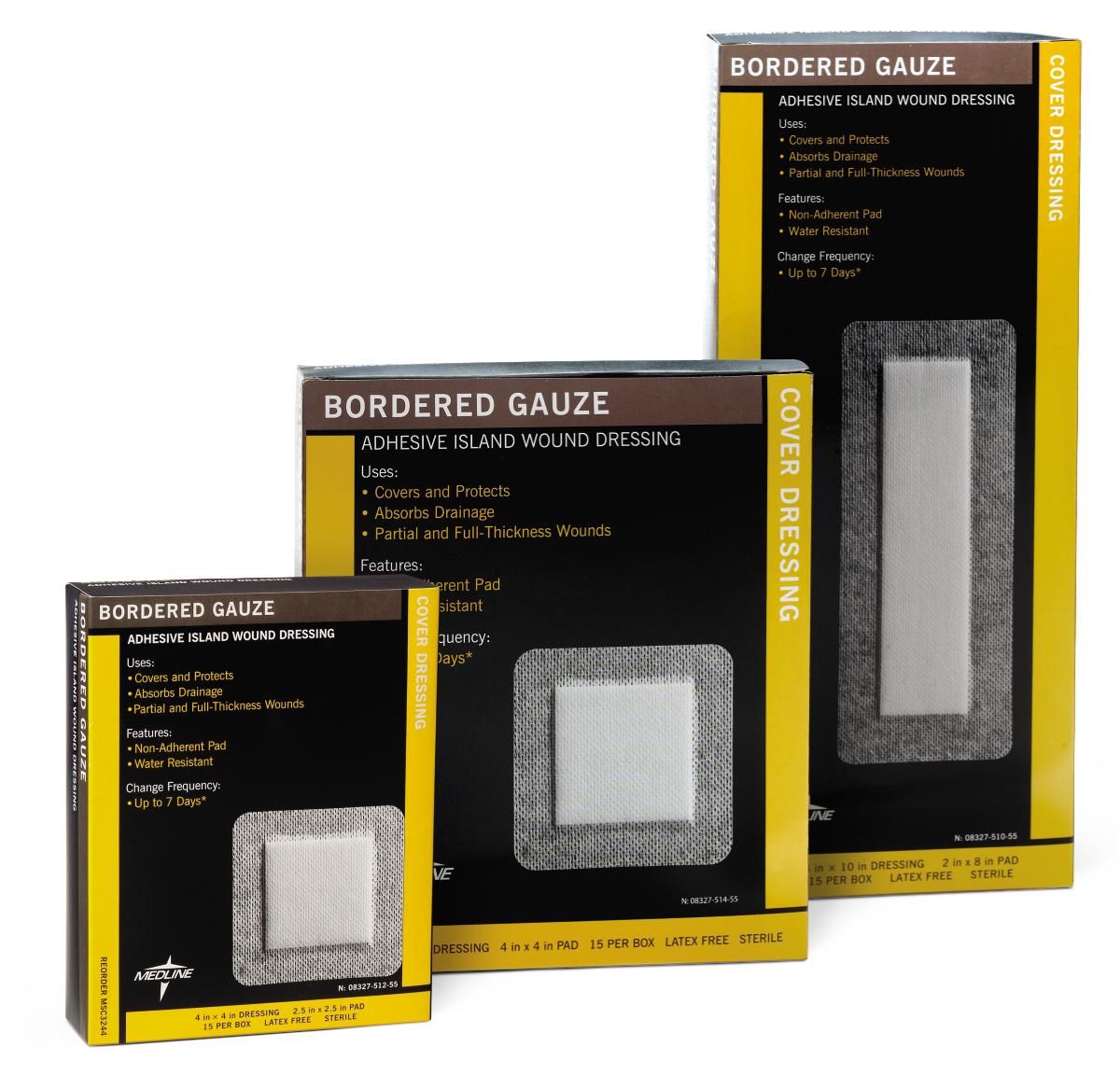
After your incision closes and your surgeon indicates that you have healed completely, you should inspect it daily. Allow your incision to air dry after you finish your shower. Seeing some redness around the incision line is normal as the wound heals. When an incision becomes redder, especially if it feels warm, it may indicate an infection is developing. In this case, it matters more that the redness is worsening instead of improving and that it is hot on the skin.
There is also the possibility that the wound is infected if there is drainage from it. It is normal for a small amount of clear fluid to leak from an incision within the first few days following surgery; however, pus or drainage that is bloody, green, yellow, chunky, thick, or white should be reported to your surgeon. The edges of a healthy incision must meet neatly and closely. If you ignore gaps in your incision, they could grow and cause serious complications.
How to Brace Your Surgical Incision?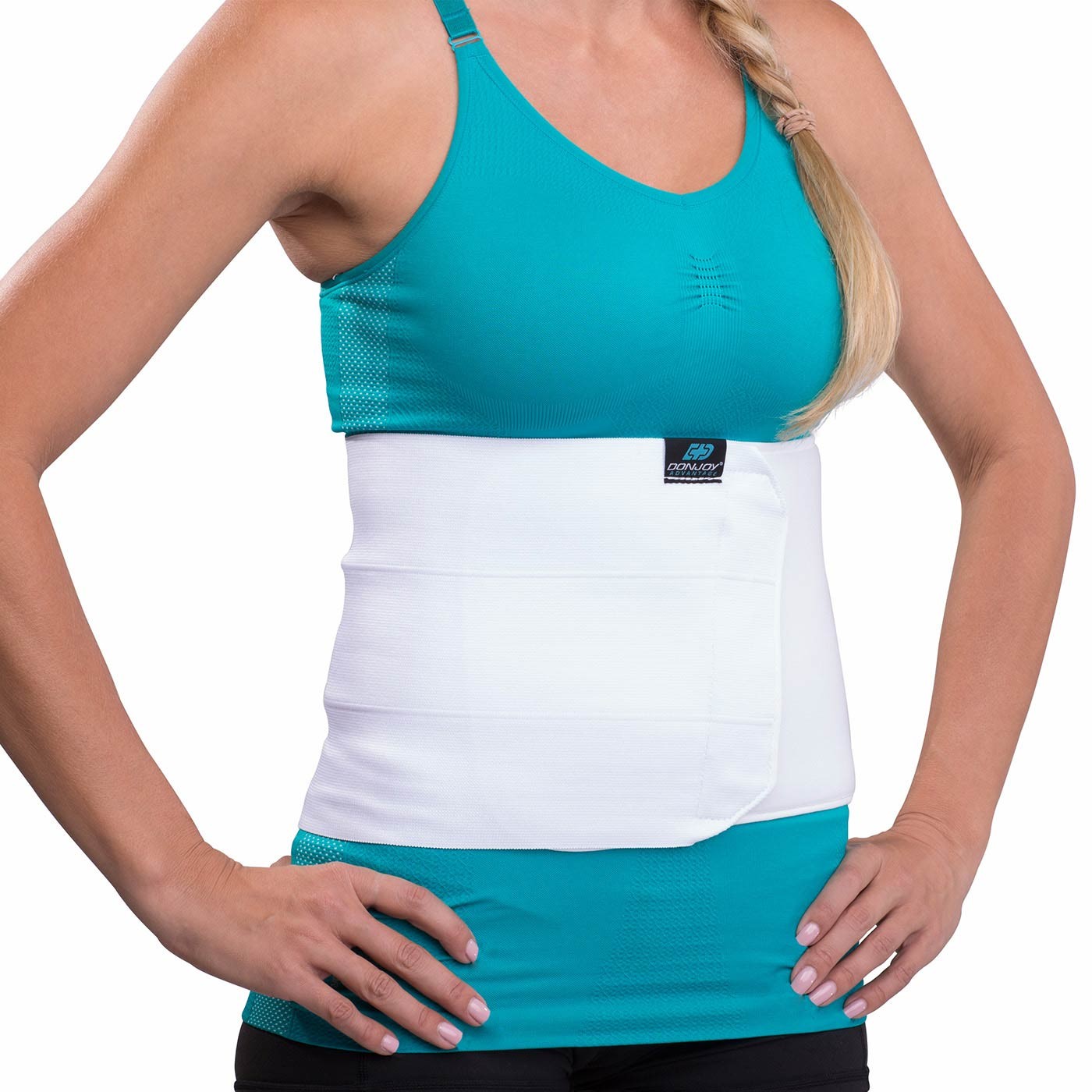
It is common to see skin weakness after an incision, particularly an abdominal incision. Although coughing, sneezing, lifting objects, and "bearing down" for a bowel movement are normal activities, they can cause problems. Bracing your incision helps prevent dehiscence, which is a serious medical problem.
Hold a pillow firmly over your incision in the first few weeks after surgery when you sneeze, cough, or vomit. You will avoid tearing your stitches and having your incision gape by doing this to prevent pain and strengthen the incision temporarily.
You should speak to your surgeon about the issue if you cannot control constipation by increasing fiber in your diet and taking over-the-counter constipation remedies after surgery.
An incision can open during bowel movements, like when you sneeze or cough. When rising from seated to standing, coughing, sneezing, or lifting, brace the incision using a broader dressing to prevent this complication.
Preventing Injury to Your Incision
It is important to prevent an injury to your incision as part of good care. Three ways to prevent surgical wounds from getting hurt:
Do not lift heavy objects. In the two weeks following your surgery, avoid lifting anything heavier than 5 pounds, according to the guidelines you will receive after your surgery.
Avoid direct sunlight. The sun's rays can exacerbate the appearance of scars after your wound has healed. Additionally, sunburns on healing surgical incisions are very painful.
Do not engage in dirty activities. It would be best to avoid "dirty" activities like mud runs, mud baths, swimming in ponds, and similar activities until your wound has healed. This includes any "dirty" activities that involve mud.
Final thoughts
Maintaining a clean incision and washing your hands regularly may be the most important thing you can do during your spinal surgery recovery to prevent infection. This simple procedure can most often prevent wound infections. If you follow your surgeon's instructions when caring for your wounds, you're more likely to detect a condition at its earliest stage.
Tags
- contest
- event
- supplies
- design
- brand
- video
- Compression
- upright walker
- four wheel walker
- rollator
- wheelchair
- Ostomy
- elegantly
- elegantly
- accessibility
- Mobility
- knee walker rental
- knee scooter sales
- knee scooter
- post operative shoe
- anti-embolic stockings
- pain management
- cryotherapy therapy
- hot cold compress
- compression stockings
- lift chair
- wound Care
- air purifier
- fall prevention
- cushion
- oxygen therapy
- cpap, bipap
- Hospital Bed
- Life Aide
- EMS
- recovery
- splint
- knee brace
- Bathroom
- patient lift
- medical supply
- Wound dressings
- Lightweight Wheelchair
- hospital beds for sale
- sky medical supplies rentals
- compression socks
- Adult Diapers
- Rollator Walker
- Bed Wedge Pillow
- Hospital beds
- Patient Lifts and Slings
- Portable Oxygen Concentrator
- Patient Lift Slings
- knee scooter rental
- folding mobility scooter
- mobility scooter
- medical shoes
- raised toilet seat
- hospital beds for rent
- lift chair recliner
- chair lift
- electric wheelchair
- Power Lift Recliners for Elderly
- Senior Walkers
- Bedside Commodes
- whill wheelchair
- compression hose
- Whill Electric Wheelchairs
- Bariatric Wheelchair
- Recliner Chairs with Lift
- Colostomy Bag
- Crutches
- Medical Wedge Pillow
- skin barrier tape
- Post Surgery Ice Machine
- Bedside Commode
- chair lift recliners
- cane holder scooter
- lift chair prices
- drop arm commode
- rollator walker with ergonomic seats
- Hospital Bed Rental
- Wheelchair Tray
- Golden Technologies Lift Chair
- Nova GetGo Junior Rollator
- power lift recliners
- Knee Scooters and Crutches:
- stand up walker for seniors
- stand up walker as seen on TV
- Women's Walking Canes
- Knee Immobilizers
- Bed Wedge Pillow
- Medical Supply Stores
- Sit to Stand Lifts
- Grab Bars
- Compression Gloves
- incontinence bed pads
- Lift Reclining Chair
- Knee Walker Scooters
- Hernia Belt Near You
- Mobility Scooter Stores Near Me
- Folding Knee Walker
- Oxygen Concentrator Store
- Inogen Battery
- Electric Bed Frames
- Placing Lift Chair
- diaper brief
Related Posts
Get weekly articles in your inbox on the latest medical supply news, exclusive deals, and helpful health tips.
